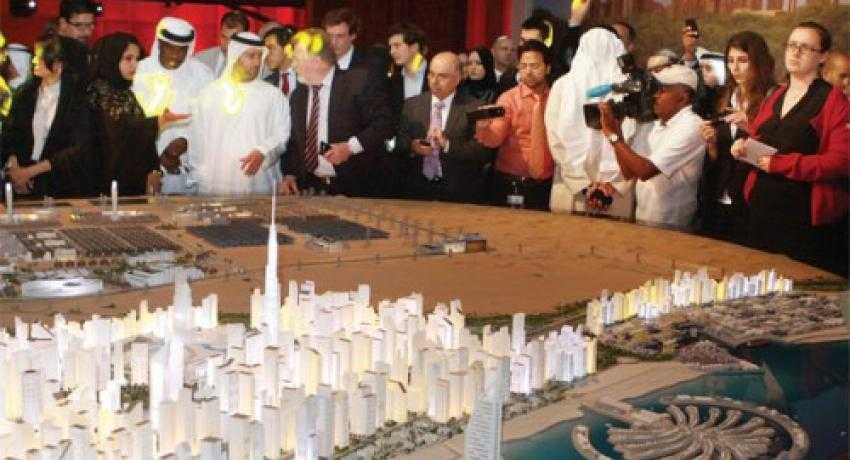Dubai to mandate solar on all rooftops by 2030
Within the next 14 years, every single roof in Dubai will be covered in solar panels.
Sheikh Mohammed Bin Rashid, the political leader of the wildly modern Middle Eastern city, announced last week that rooftop solar panels will be mandatory for all buildings in 2030.
Dubai, a city in the United Arab Emirates with a population of 2.16 million, is known for its leading edge technologies and futuristic innovations from man-made islands to indoor ski slopes. The oil rich UAE has launched numerous ambitious clean energy projects, including Masdar City, a small city and innovation center within Abu Dhabi that is 100% net zero.
But when Sheikh Mohammed announced his city’s goal to get 25 percent of its power from solar by 2030 and 75 percent of its electricity from solar by 2050 last week, he set a new ambitious benchmark for the world.
First, the Sheikh is not promising to source power vaguely from “renewable sources.” This is all coming specifically from solar. And the ramp up will be dramatic. The goal gives the metropolis about 14 years to go from 5 percent to 25 percent.
An ambitious goal like that requires some aggressive measures to achieve. The Sheikh made the announcement about the new goal at the opening of construction on the second phase of the Al Maktoum Solar Park. Already one of the largest utility-scale projects in development in the world, the sheikh announced that the planned 1-gigawatt solar park will be expanded to produce 5 gigawatts of electricity by 2030.
Quadrupling the size of the city’s already massive solar park is just the beginning. While utility companies in the United States fret about their monopoly businesses and wrangle to increase grid connection costs and reduce net metering benefits for rooftop solar owners, Dubai has vowed to harness the power of distributed electricity generation.
By requiring all buildings to install rooftop solar panels, the city can benefit from home and business owners using on-site power generation for energy-gobbling air conditioning units and increased demand.
Dubai is also proving $27 million for research and development and to create a fund that will provide low-interest loans to private solar projects.
One thing is certain – this futuristic city that built its fortune with fossil fuels is poised to demonstrate to the world what a shift from dirty to clean energy could look like.




